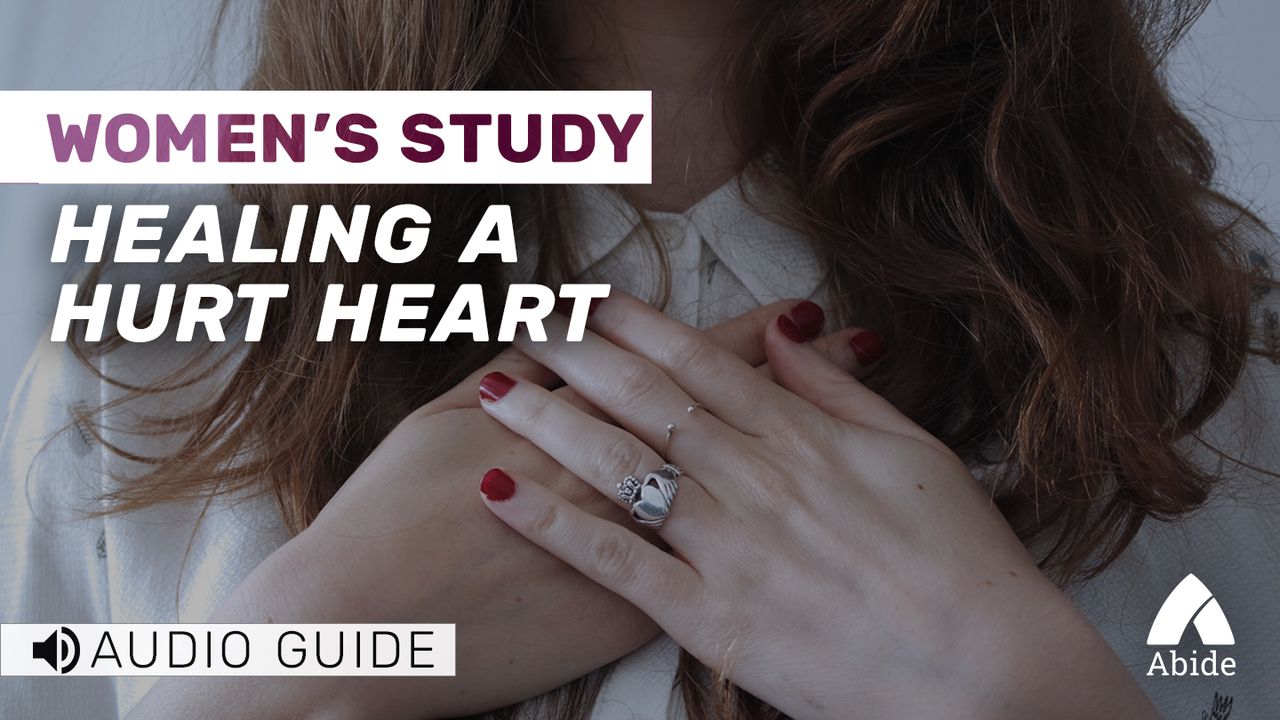In the aftermath of conflict, the specter of trauma looms large. The Bahá’í teachings, imbued with an ethos of healing, provide a framework for reflection and recovery in post-war scenarios. This discourse explores the dualities inherent within these teachings—those of healing and hurting—delving into the spiritual and societal implications that emerge in the wake of violence.
At the heart of Bahá’í thought lies the recognition of the oneness of humanity. This principle transcends cultural and national boundaries. In a world besieged by the consequences of warfare, this tenet is profoundly significant. It invites individuals to consider their shared humanity and the collective responsibility towards healing. The Bahá’í writings encourage an examination of individual and communal roles in fostering an atmosphere conducive to recovery. Here, the reflection begins.
One of the salient features of Bahá’í teachings is the emphasis on the transformative power of love. Love is not merely an emotion but an omnipotent force that can mend even the most fractured of hearts. In the wake of war, individuals often find themselves grappling with feelings of despair, grief, and disillusionment. The Bahá’í perspective posits that through love—both for oneself and for others—individuals can liberate themselves from the shackles of pain. This idea is encapsulated in the notion of healing as a process of reconciliation with one’s own feelings and the broader community.
Equally, the concept of forgiveness is paramount in Bahá’í thought. It stands as a pillar in the quest for healing, offering a pathway to release lingering animosities that may ensconce individuals and communities in cycles of violence. In seeking forgiveness, individuals embark on a journey of self-discovery and empowerment. It is an acknowledgment of the shared burdens and a move towards collective healing. The Bahá’í writings elucidate the necessity of forgiveness not merely as a moral imperative but as a pragmatic strategy for reclaiming peace in a war-torn society.
Moreover, the ecological dimension of healing is explored within Bahá’í thought. The war’s aftermath does not solely harm human lives but also devastates environments and disrupts the delicate balance of ecosystems. The teachings advocate for a holistic approach to healing that includes environmental stewardship. This perspective posits that the restoration of nature is intertwined with the restoration of the human spirit. Communities can harness their resources in a manner that respects both human and environmental needs, thus forging a sustainable future.
The roles of education and service are also illuminated as critical components of healing. The Bahá’í faith places profound importance on education as a transformative tool. In post-war contexts, education becomes instrumental not only in rebuilding societies but in sowing the seeds of understanding, tolerance, and unity. Bahá’í teachings underscore that through educating the hearts and minds of young individuals, the cycle of violence can be broken and preventive measures established for future generations.
Furthermore, service to the community emerges as a compelling antidote to the feelings of isolation and disempowerment often felt after conflict. Engaging in acts of service fosters a sense of agency and interconnectedness among individuals. It engenders an environment where empathy and compassion can flourish. This service-oriented mindset aligns seamlessly with the Bahá’í ideal of collective progress. As individuals contribute to the healing of their communities, they also embark on a path of personal healing, revealing another dimension of the dualities present in Bahá’í teachings.
In contemplating the psychological aspects of healing, the Bahá’í teachings advocate for a balanced approach to emotional and spiritual well-being. Mental health challenges often accompany the trauma of war, manifesting in various forms such as anxiety, depression, and post-traumatic stress disorder (PTSD). The teachings encourage individuals to seek support within their communities and emphasize the importance of dialogue and sharing experiences as a means of catharsis. Additionally, prayer and meditation are presented as tools for personal solace and connection with the divine, reinforcing the intrinsic link between spirituality and emotional healing.
In juxtaposition to these themes of healing, the Bahá’í teachings rigorously critique the societal paradigms that perpetuate suffering. War is not only a physical conflict but a manifestation of deeper societal issues, including prejudice, inequality, and injustice. To move towards healing, Bahá’í thought compels individuals to address these root causes rather than merely the symptoms. It engenders a collective awakening to the realities of systemic inequity and challenges believers to work diligently towards the dismantling of oppressive structures.
In this post-war reflection, one must recognize the intricate tapestry woven by the intertwining themes of healing and hurting within Bahá’í teachings. The pathways delineated by love, forgiveness, education, service, and a commitment to justice form a multifaceted approach to recovery. In embracing these teachings, individuals hold the power to heal not just themselves but their communities—transforming the legacies of conflict into opportunities for profound restoration and unity.
In summary, the Bahá’í framework provides not only a spiritual compass but tangible strategies for navigating the challenging realities of post-war landscapes. Healing emerges as a communal endeavor, demanding collective introspection and action. Through this holistic understanding, the potential to transmute the pains of war into catalysts for tranquility and progress becomes not only a dream but an attainable reality.
